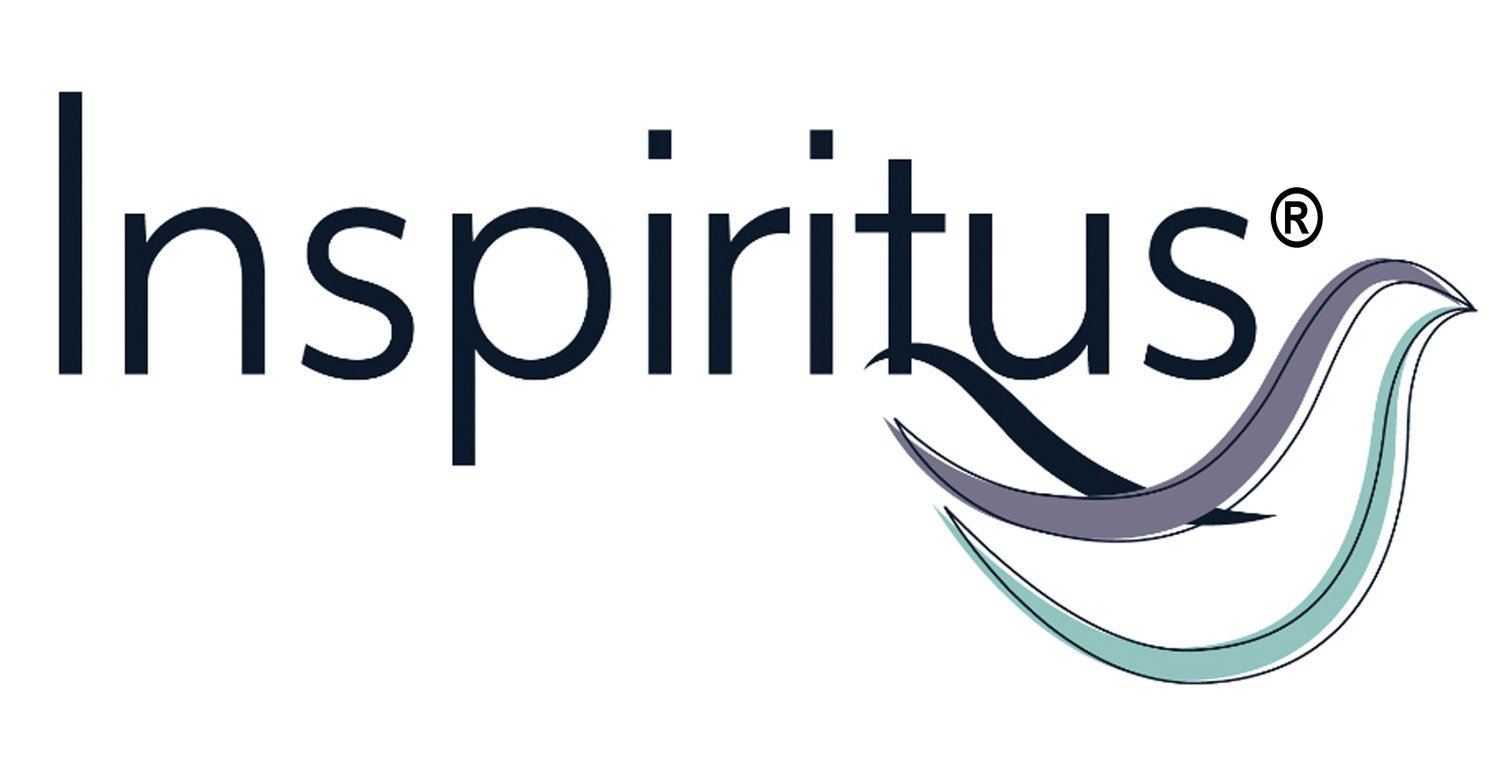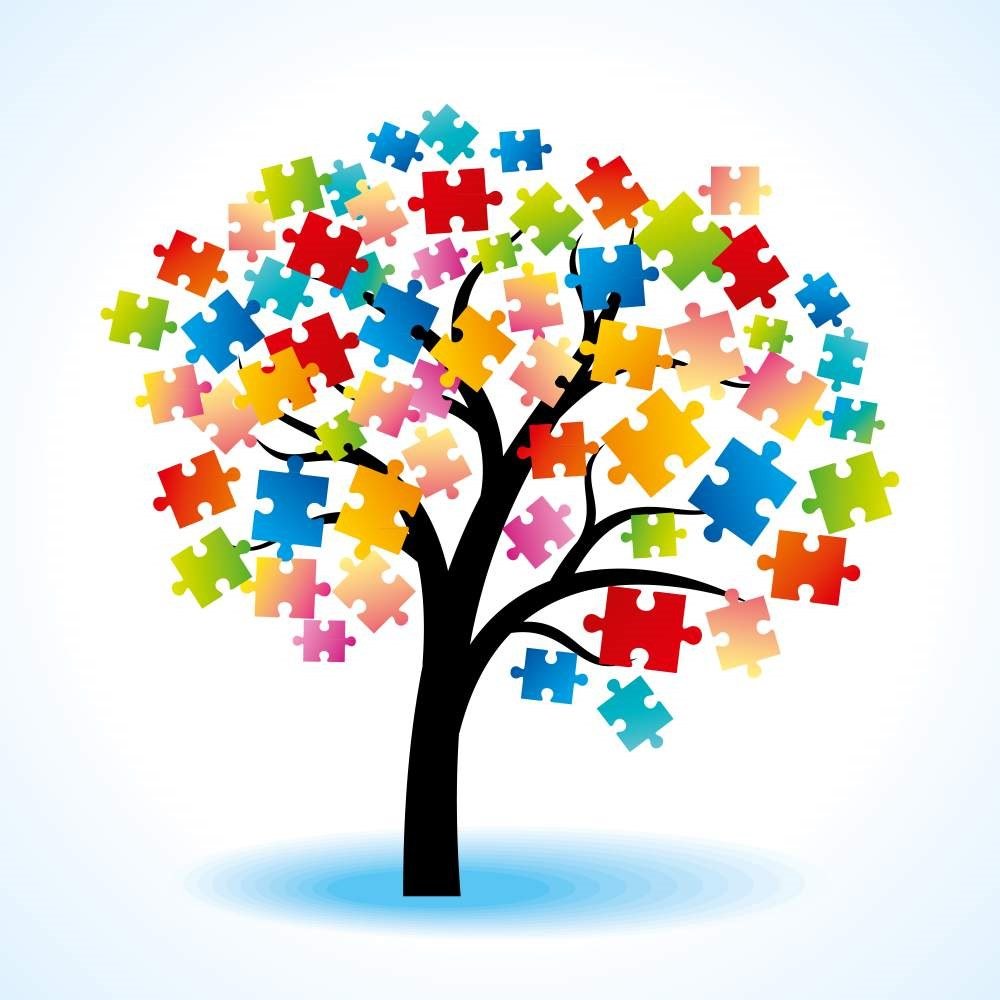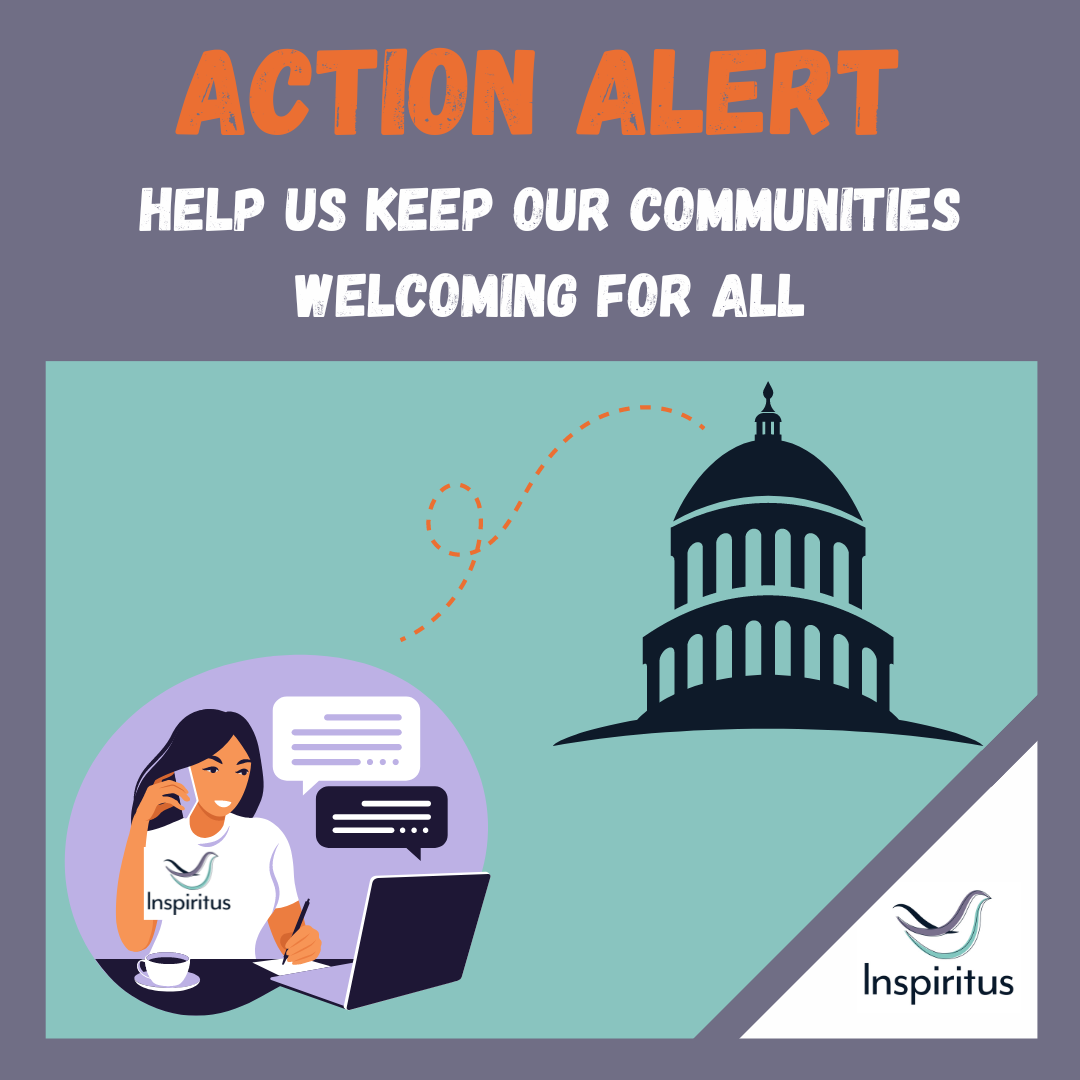Stand Sunday: Standing for Children, Standing for Adoption
/By Chris Hayes, Children and Family Services Supervisor for Lutheran Services of Georgia's Northwest Region.
If you are anything like me, you probably woke up this morning trying to figure out how in the world it is already November. This year has flown by. However, November is a great month. Not only do we get Thanksgiving, but we get National Adoption Month, which is another great opportunity to bring light to the dark fact that there are literally thousands of children who are without a permanent home. I have long believed that while the problem is huge and complex, the solution is actually quite simple. The church.
I will come back to the solution shortly, but it’s important to try and comprehend the need first so we know what needs solving. In order to narrow the issue a little, I’m going to focus on Georgia. On any given day, there is somewhere around 13,000 children in foster care in the state. Close to 1,800 of those children are sitting around ready to be adopted, but just need a family to bring them home as their forever family. The good news, which brings me back to the solution, is that there are close to 15,000 churches in the state. I’m not an elite mathematician, but even I can see that there are more than enough churches to not only solve the issue of needing more homes, but there is enough resources and people to wrap around those families and children to support them through a variety of means.
Chris Hayes, Children & Family Services Supervisor
And with that, we are now just a couple days from Stand Sunday, formerly known as Orphan Sunday, though I like the name change. To give some background, Bishop Aaron Blake, who is a pastor and foster/adoptive father in Texas, coined the term “Stand Sunday” back in 2004 while giving a sermon to his congregation. He decided to shift gears from the sermon he had prepared to inform his congregation that there were 30,000 children in foster care in Texas and then he asked a question, one that was not intended to illicit a verbal response. He asked, “Who will stand with me to defend, care, and support abused, abandon, and neglected children in our community?” After he paused for a moment, an incredible thing happened. People started standing up saying that they would answer the call. Over the past 12 years, families in their church has fostered and adopted hundreds of children and now their county has too many families compared to the number of children in care. What?? Yes, so it can happen. We can end the crisis.
I often tell families that not everyone can foster or adopt, but everyone can do something. It’s imperative that foster families not do this work alone. It’s hard. It’s dirty. It’s sad. But it’s also rewarding and necessary. If you can’t foster or adopt, then sign up to babysit or mentor or make meals for families with new placements. Maybe you can collect clothing and supplies for children and families. Maybe you want to mentor birth families. Maybe you can start a prayer group or maybe you can write a check. The truth is, there is a role and a need for everyone, including you. No matter what your passion or gifting or talent, use it for the glory of God and to serve these children and families.
For some of you, there is that burning within where God is calling you to step out of your comfort zone to foster and/or adopt. I can help you with that. Here at Lutheran Services of Georgia, we are committed to providing excellent services that not only help you become an approved family, but that also strongly support and encourage and guide you throughout the entire journey.
For others, maybe you want to see your church become like Bishop Blake’s. I’d love to come out and meet with you and/or your pastor(s) to talk about how we can partner together to not simply recruit more families and support volunteers, but to truly make an eternal impact in your community as we serve the least of these. Our vision is Restored Hope, Transformed Lives, Healthy Tomorrows. Together we can see children and families achieve those things. Together we can break the cycle of neglect and abuse so many families have experienced for generations. Together, we can follow the Biblical mandate set before us in James 1:27 and watch the Lord do incredible things as lives are changed forever, including yours.
However you can serve, my plea is that you will serve. Help us create more awareness by sharing the need as well as the solution so that others will join the movement. Will you stand this Sunday? Will you join us and become part of the solution? Will you pray for the children without homes right now? Will you pray for the families who are thinking about fostering or adopting? Will your church be willing to accept the call and serve in this work? If yes to any of those, don’t wait. Don't put it off. Call or email me today and let’s just talk about how you can get involved. Or, if you aren’t in or near NW Georgia, call one of our offices close to your area. It’s time to stand up and get in the game. Let’s do it together!
Chris Hayes
Children and Family Services Supervisor
Lutheran Services of Georgia – Northwest Region
chayes@lsga.org
404-769-4253

























































